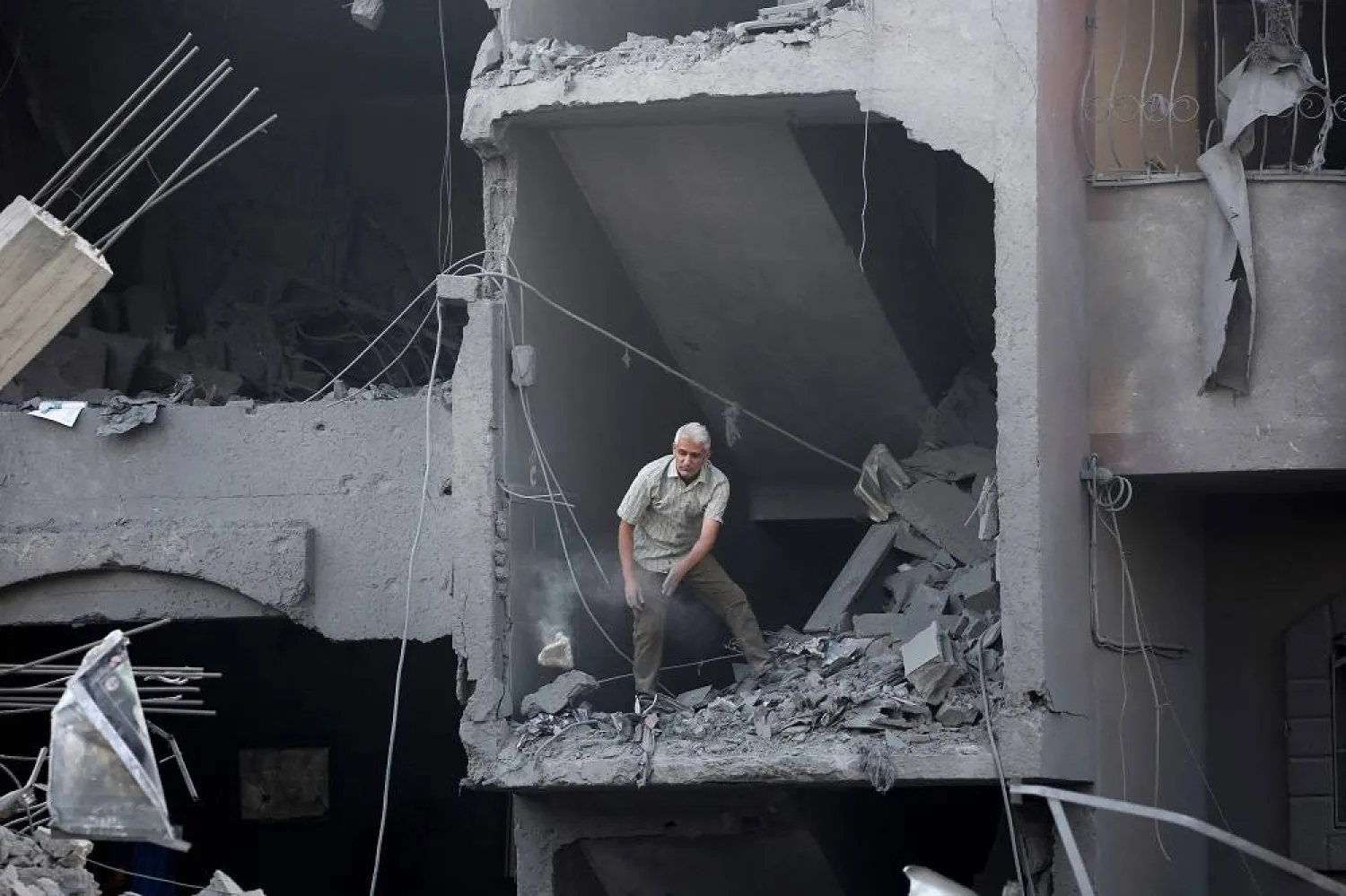The leaders of France, Germany and Britain have endorsed calls for a ceasefire in Gaza, the return of scores of hostages held by Hamas and the “unfettered” delivery of humanitarian aid.
In a joint statement released Monday, they endorsed the latest push by the United States, Qatar and Egypt to broker an agreement to end the 10-month-old Israel-Hamas war.
The mediators have spent months trying to get the sides to agree to a three-phase plan in which Hamas would release the remaining hostages captured in its Oct. 7 attack in exchange for Palestinians imprisoned by Israel and Israel would withdraw from Gaza.
“The fighting must end now, and all hostages still detained by Hamas must be released. The people of Gaza need urgent and unfettered delivery and distribution of aid,” the statement said.
It was signed by French President Emmanuel Macron, German Chancellor Olaf Scholz and British Prime Minister Keir Starmer.
The statement also called on Iran and its allies to refrain from any retaliatory attacks that would further escalate regional tensions after the killing of two senior militants last month in Beirut and Tehran.









